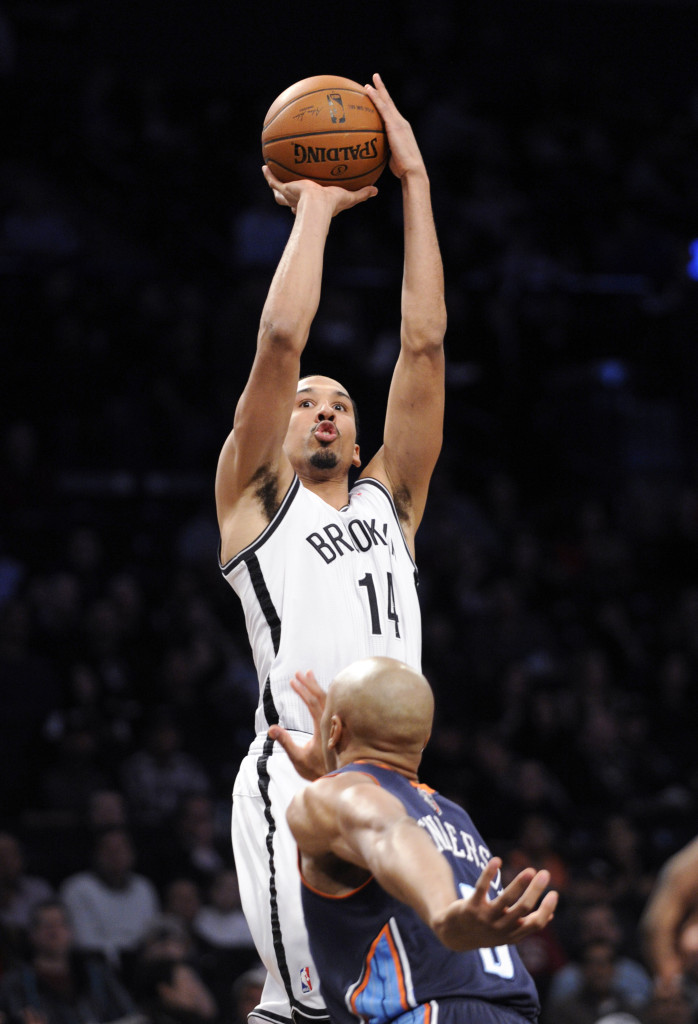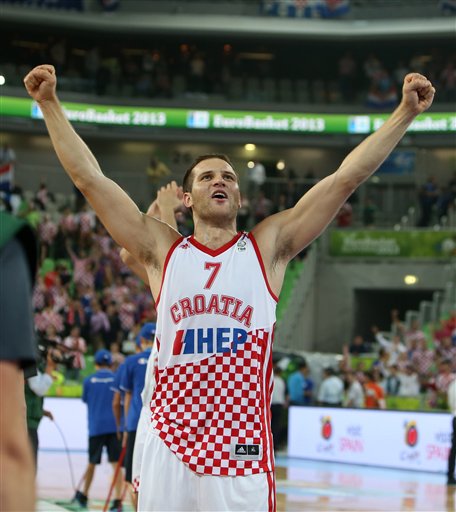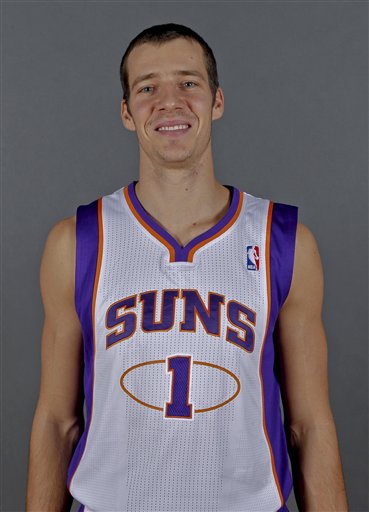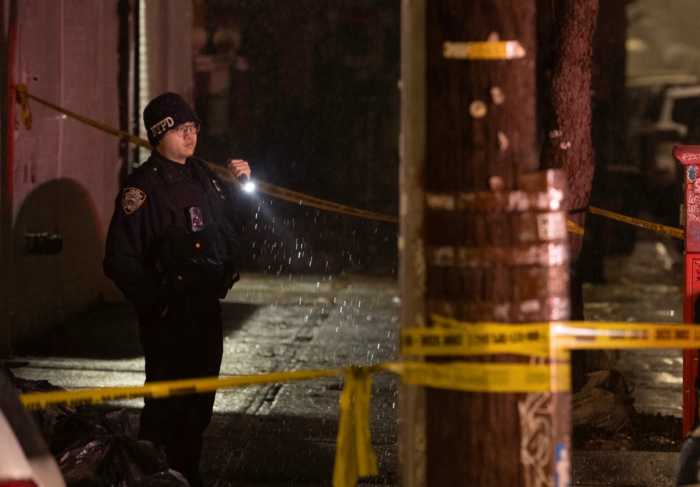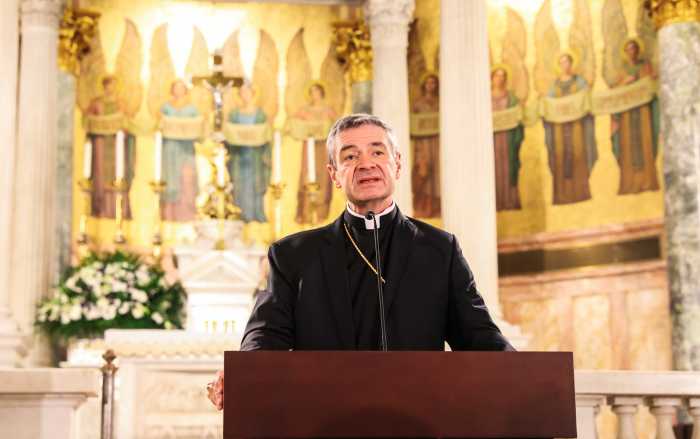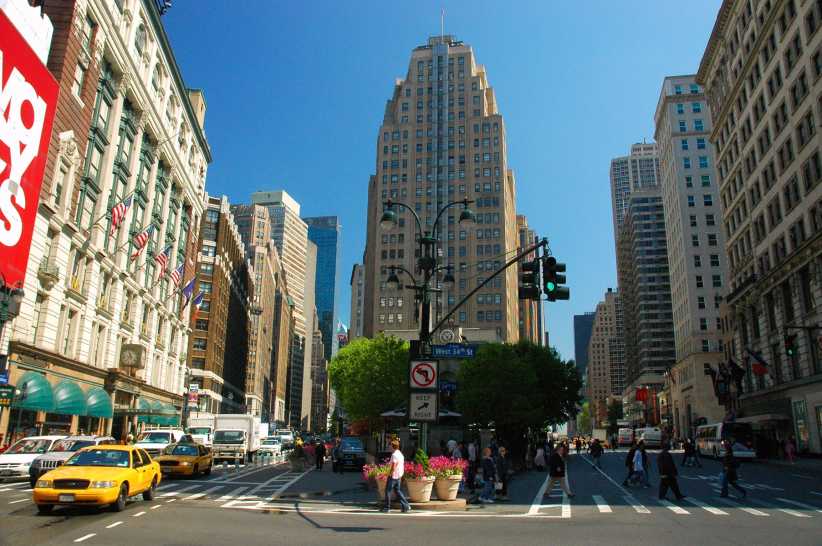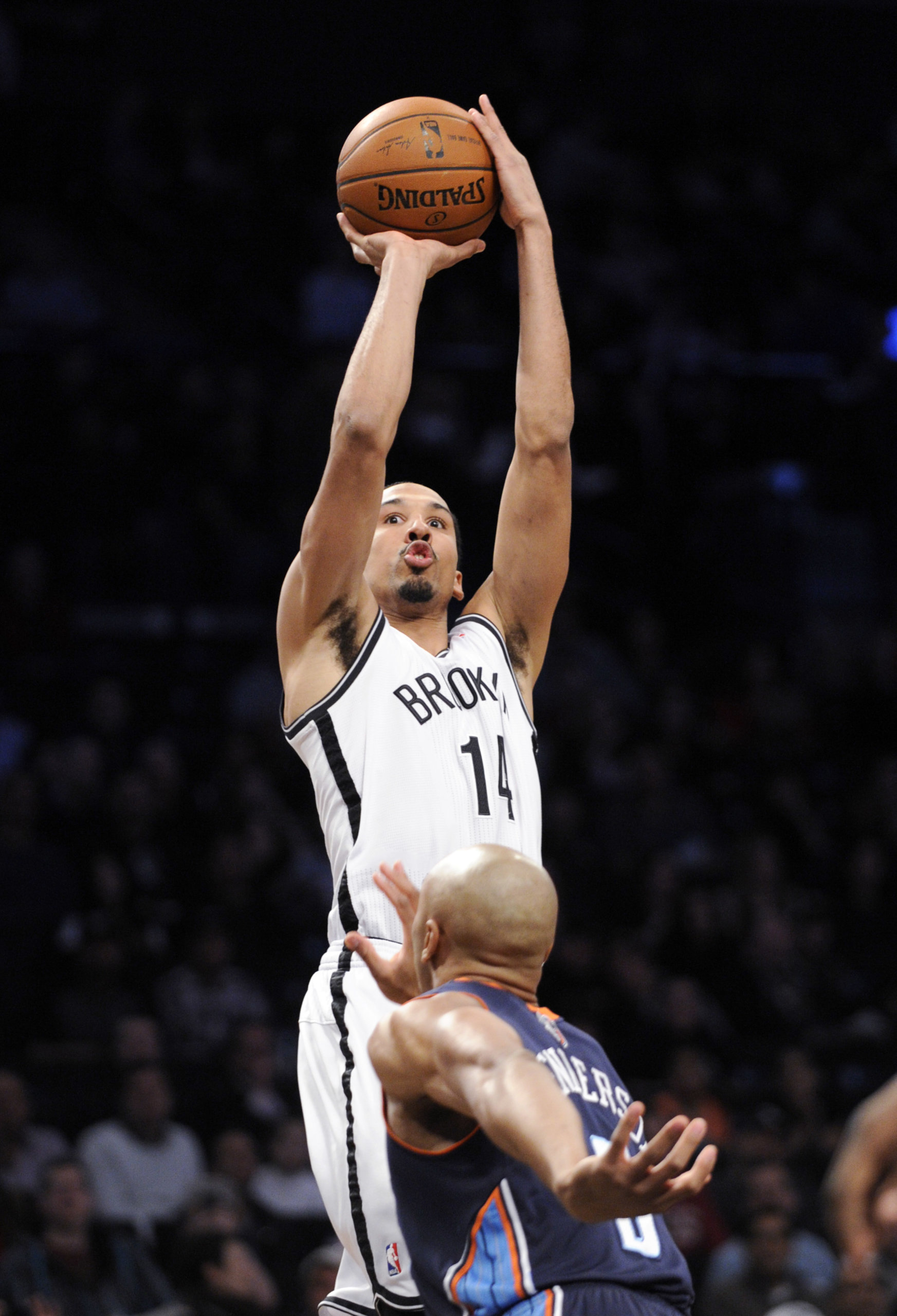
Shaun Livingston (AP)
Shaun Livingston’s finally fitting in.
Eight years ago, Shaun Livingston was a budding superstar, a No. 4 overall pick in the 2004 NBA draft criticized for not utilizing his full potential to dominate games.
But in 2014, Livingston has thrived in Brooklyn as a “glue guy,” standing out in the background, creating opportunities for teammates by taking subtle responsibilities and finding open spaces.
The new role makes sense for Livingston, who grew up a gangly biracial kid shuffling between antithetic private and public schools in Peoria, Illinois, code-shifting between racial and social classes.
He attended a private Lutheran grade school, his tuition covered by the church. There, Livingston learned how to thrive in upper-class academia, often catching the bus to absorb a rigorous Lutheran curriculum as classmates emerged from Mercedes’s and Lexuses.
“They come from that system, and you see a different world,” Livingston says of his private school experience. But he lived in a low-income, high-crime area in Peoria. “Then you go back home, and you see kids with parents on welfare, just out all hours of the night, running the streets because their parents don’t give them the support system.”
“That was rough,” Livingston remembered, theorizing that gang violence trickled down from Chicago. “Getting into fights in the neighborhood, being around kids that were in my neighborhood, getting into trouble a little bit. Just had to go through it, take your licks, and figure out life.”
He was raised by his father, who worked multiple minimum-wage jobs, and his grandfather, a security guard. He saw another world when his dad took him out of the private school. “Then I go down to public school, and I come back to the neighborhood, and I’m still in the private school mindset,” Livingston said. “And these kids are like ‘Yo, who’s this little…’ you know what I mean?
“So then they want to pick on you, they want to pull your ‘card.’ Now you’ve got to be tough, because it’s all about survival down there.”
Basketball was his great connector, the universal language that allowed him to communicate with the academic, the religious, the criminal, and beyond. He led his grade school team to three undefeated seasons, and led Peoria Central High School to two Class AA state titles in 2003 and 2004.
“Basketball in particular helped transition me through different circles, and just helped me learn different life skills,” he noted. “That’s the thing about sports at a young age. You can learn so many different life skills. It’s not just about the actual sport. It’s teamwork. Commitment. How to get along with people. How to get along with people you don’t like. It’s so many different things that you can apply as you get older. … It definitely bridged a gap between social classes and racial classes, with me being a biracial kid.”
With Livingston, it’s not just about vision, but perspective. Combine his 20-20 vision, athletic talent, broad upbringing, and eagerness to learn, and it’s not hard to see how Livingston became an athletic professional that can talk about Herman Hesse’s Siddartha, his faith, and the intricacies of getting teammates involved in the pick-and-roll without skipping a beat.
Livingston credits his father, who drove him all around Peoria from basketball camps to playgrounds, for having the foresight to help Livingston develop his own vision. “The more that I played, you just pick it up,” he explained. “It’s just like anything. Like the Malcolm Gladwell book (Outliers), about the 10,000 hours. The more you that you do something, it just becomes repetition, repetition, repetition. So by doing that over and over, I just had a feel for the game.”

